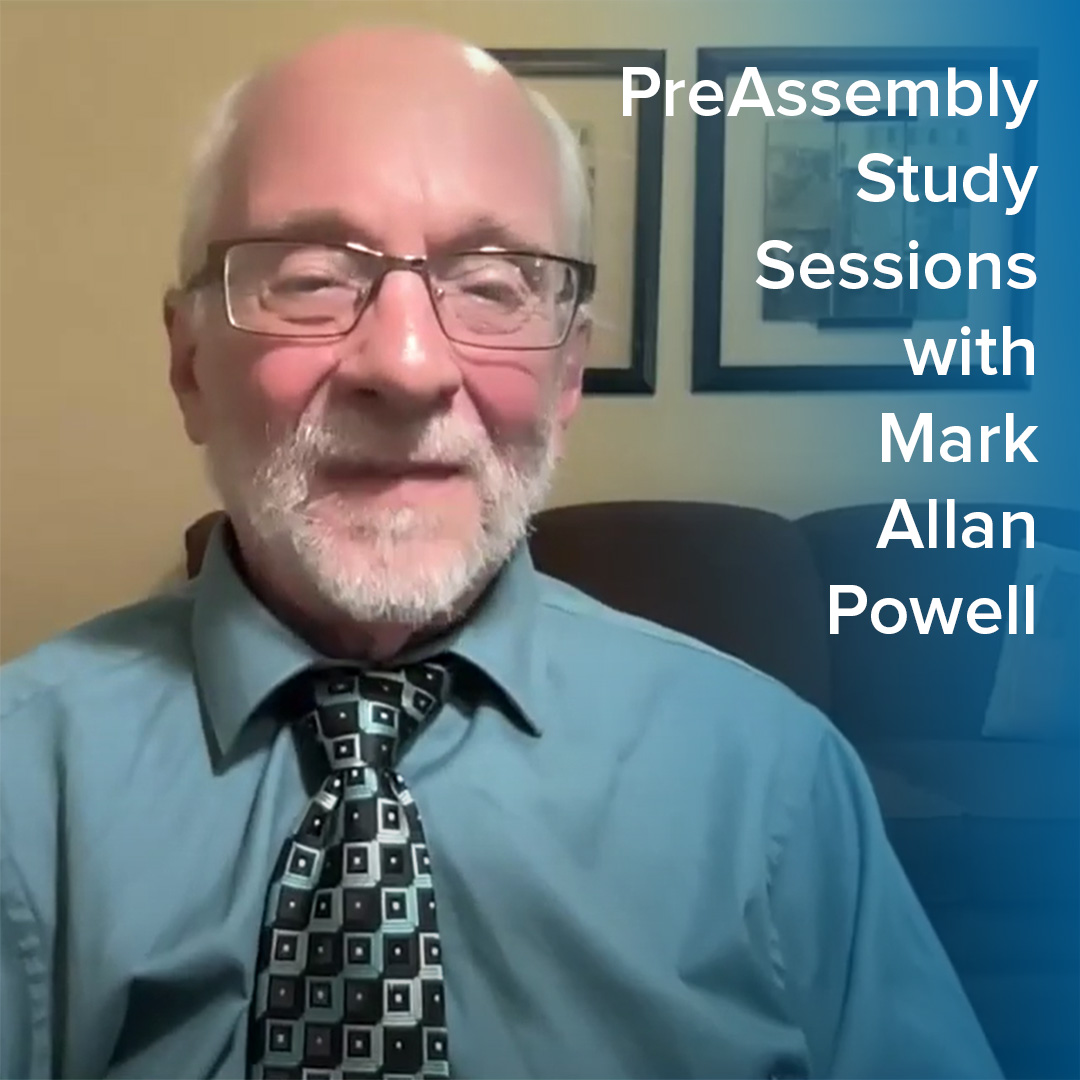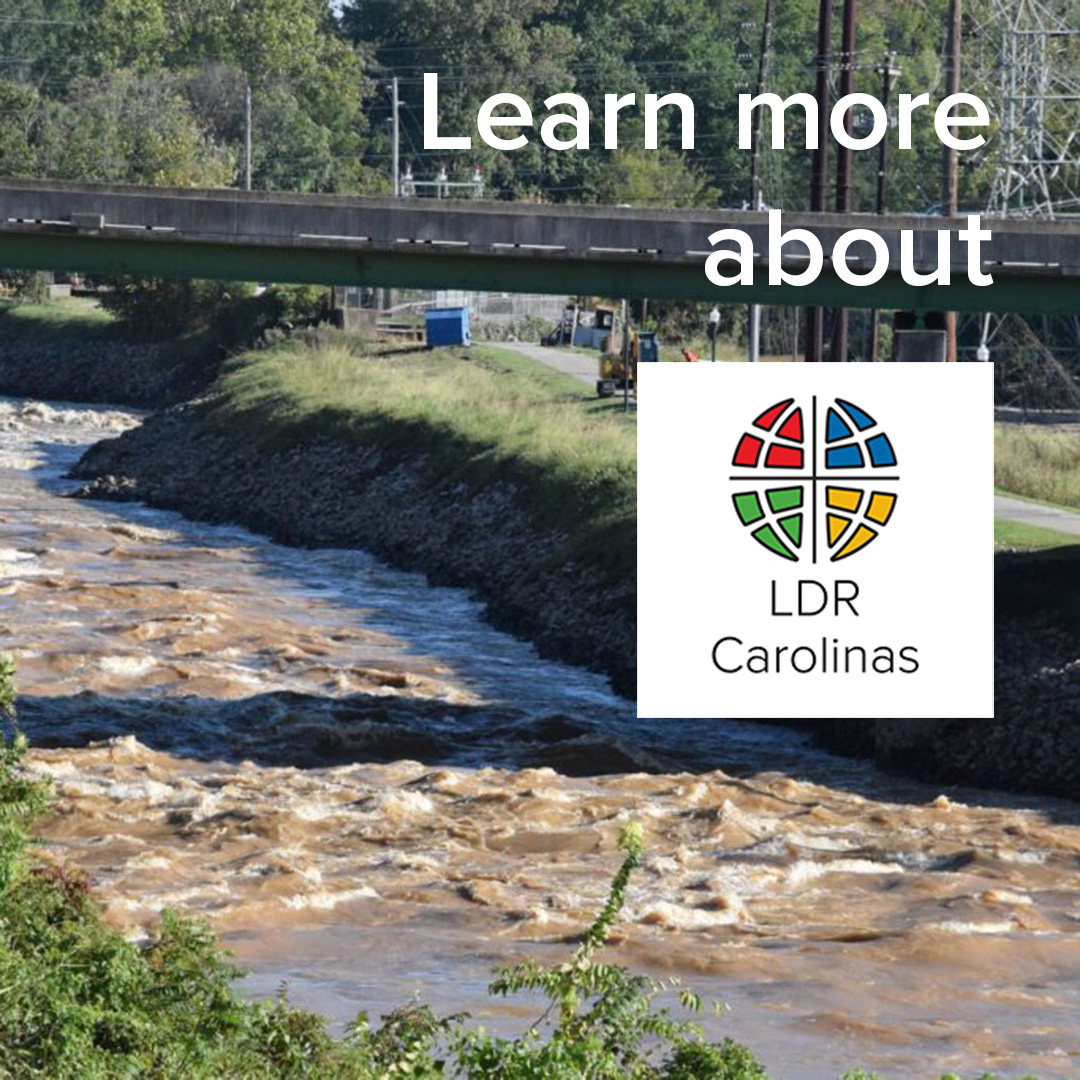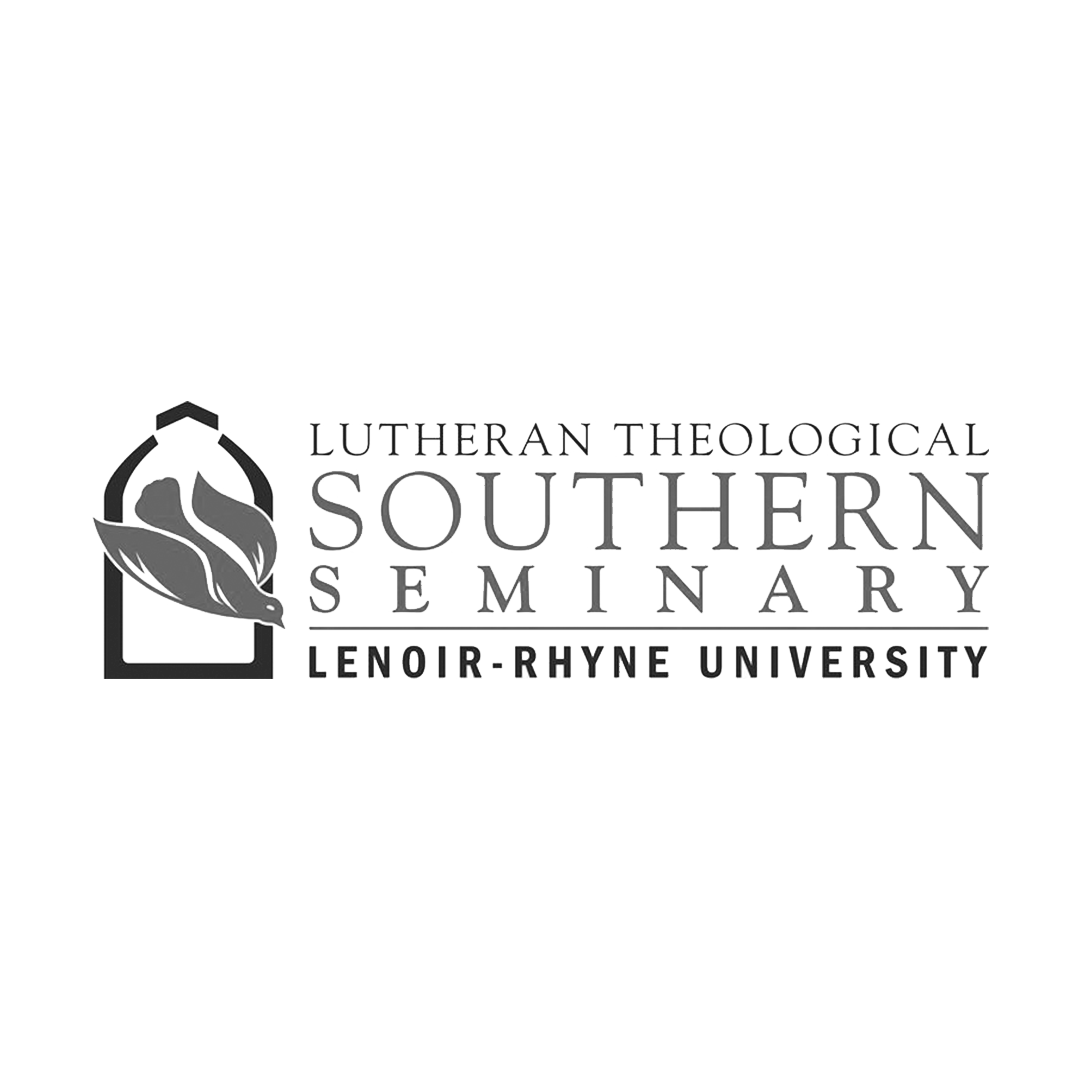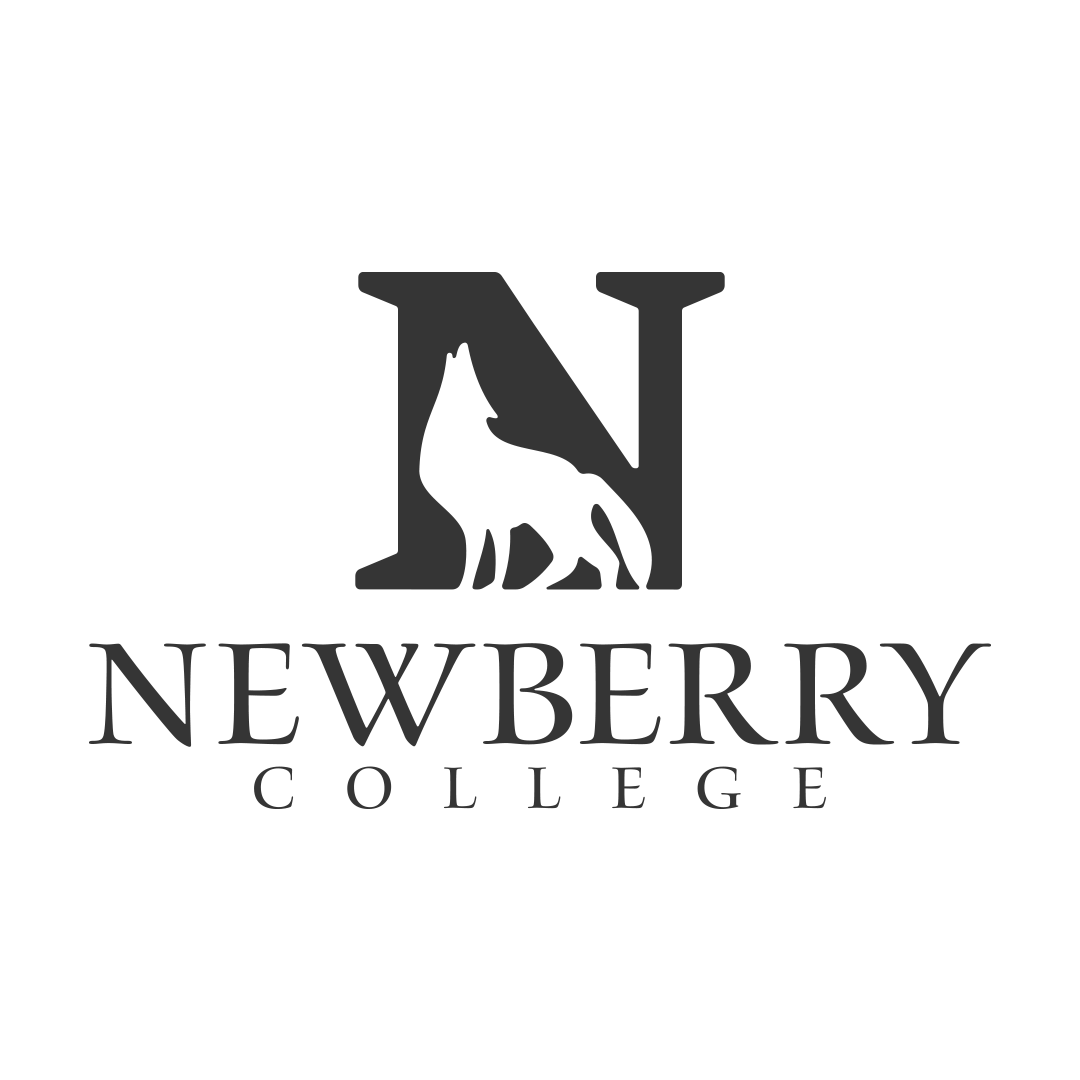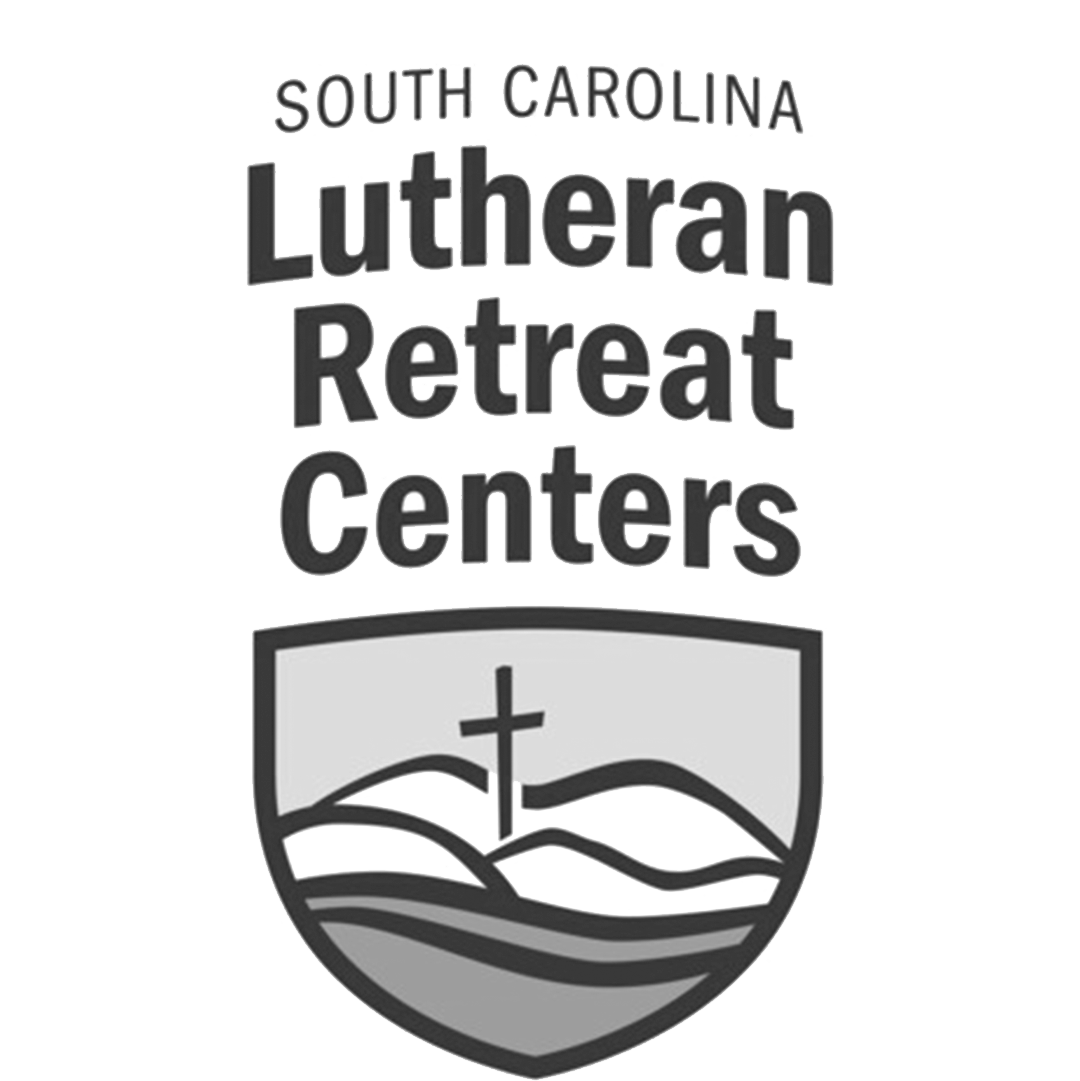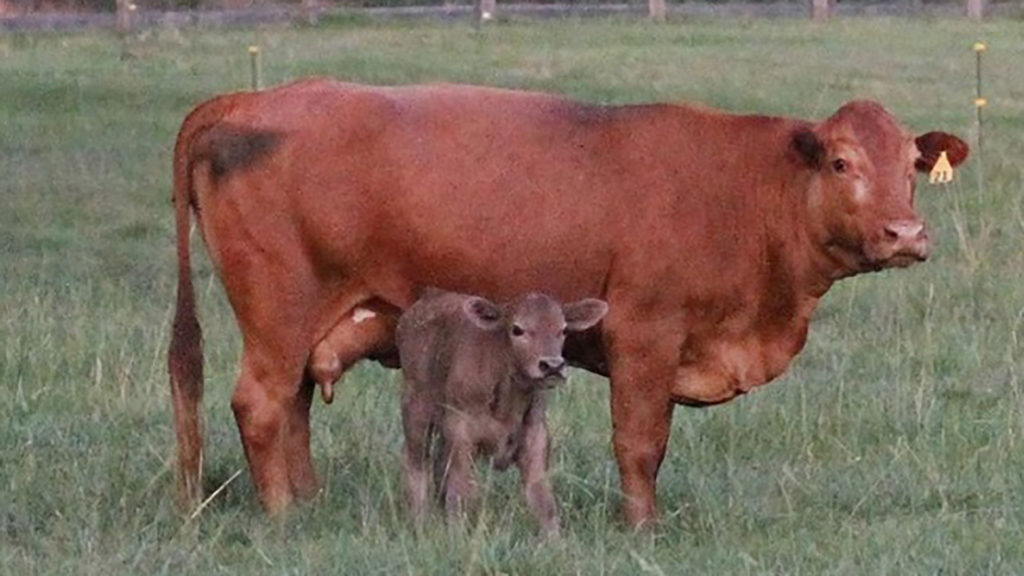
By Brandon Bowers
a member of the SC Synod’s Creation Care Task Force. He is the owner and operator of Bowers Farm, located in Pomaria, SC. This blog post explains how scripture influences his vocation as a farmer. He and his family attend Redeemer Lutheran Church in Newberry.
Your content goes here. Edit or remove this text inline or in the module Content settings. You can also style every aspect of this content in the module Design settings and even apply custom CSS to this text in the module Advanced settings.
This mentality could not be further from the truth. If we were given that type of charge, wouldn’t have God made us first and let us help design or create the Earth and animals like we would desire? God knew better than that. God created a world that could have lived and continued forever without human intervention and only then — when God was finished — God created humans.
To truly understand this first calling we are given, we need to take a moment and look at nature. Nature has a way of working together. There is a symbiosis about every little aspect in an ecosystem. If you pluck one thing away the network that is an ecosystem, it could drastically alter the whole network. If picturing a network or food web is not helpful to you, then imagine an airplane. The plane itself is an ecosystem, and the plant and animal species are the rivets. If one rivet is weakened or lost, it might be imperceptible to you. Yet if more rivets are weakened or lost, and some rivets have a greater function to the plane as a whole, then this plane is approaching a dire situation. Think of if the birds of the wild suddenly disappeared; the fly and bug population would become overwhelming. Or if the antelope went missing, suddenly the lions, cheetahs and hyenas would face the possibility of starvation. Every creature is a part of the web and they all help the others survive.
Dominion to me is a commandment. It’s a calling that God gave to us to ensure that God’s great Earth isn’t wasted. We get our sustenance from this ecosystem just like all other species, but we are also called to heal, remedy, and find balance for the whole network, not just ourselves. We have a responsibility to our heavenly creator to take care of what God created. We have a responsibility to the animals that have been trusted to our care to ensure their life is respected, lived in the way they were meant to live.
This is why I have found my call in the ministry is to be a farmer and be an example of how animals should be treated. We raise many different animals on our farm and we do so in a manner that respects the animal. We let the cows be cows and the pigs be pigs. Animals are much smarter when it comes to their bodies than we are about ours. They know what minerals and nutrients their bodies need, and when their bodies are lacking in those minerals and nutrients. They will change their diet and/or look for a better source of food. We keep our animals on the move since that is what happens in nature; no animal stays and eats in the same spot for too long. They get away from their waste and allow their food source to regenerate and regrow. We do this by rotating the animals to different paddocks and allow them to keep getting more and more fresh food, while the paddocks they have already grazed can have the time to recoup and regenerate. By mimicking what they would do in nature and allowing them to express themselves more naturally we are raising calmer animals, more peaceful animals. Much more peaceful and calm than the same that are raised in confinement operation across the world now. Those animals are only looked at as a commodity product and a way to own the life that is the cow or the pig.
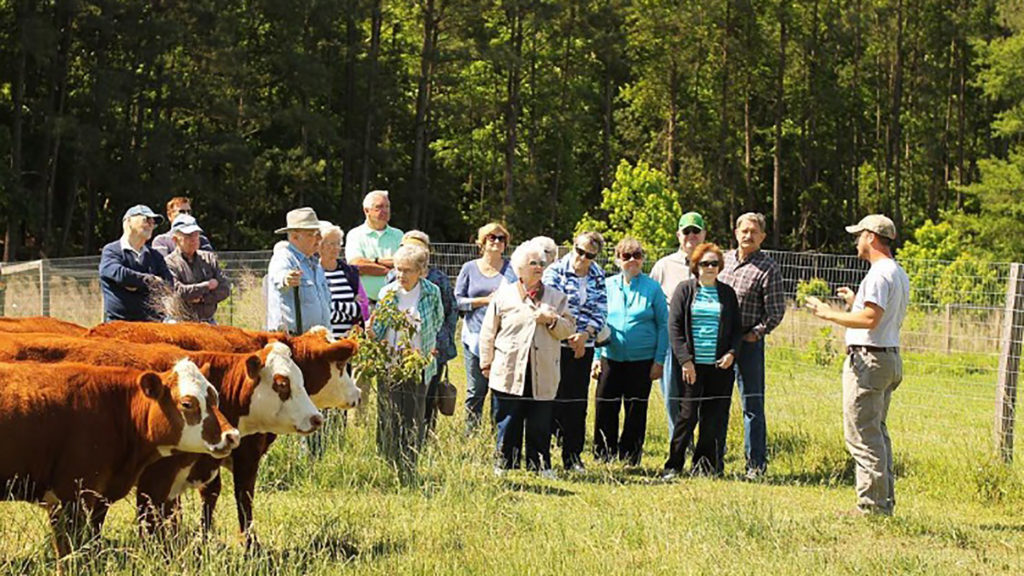
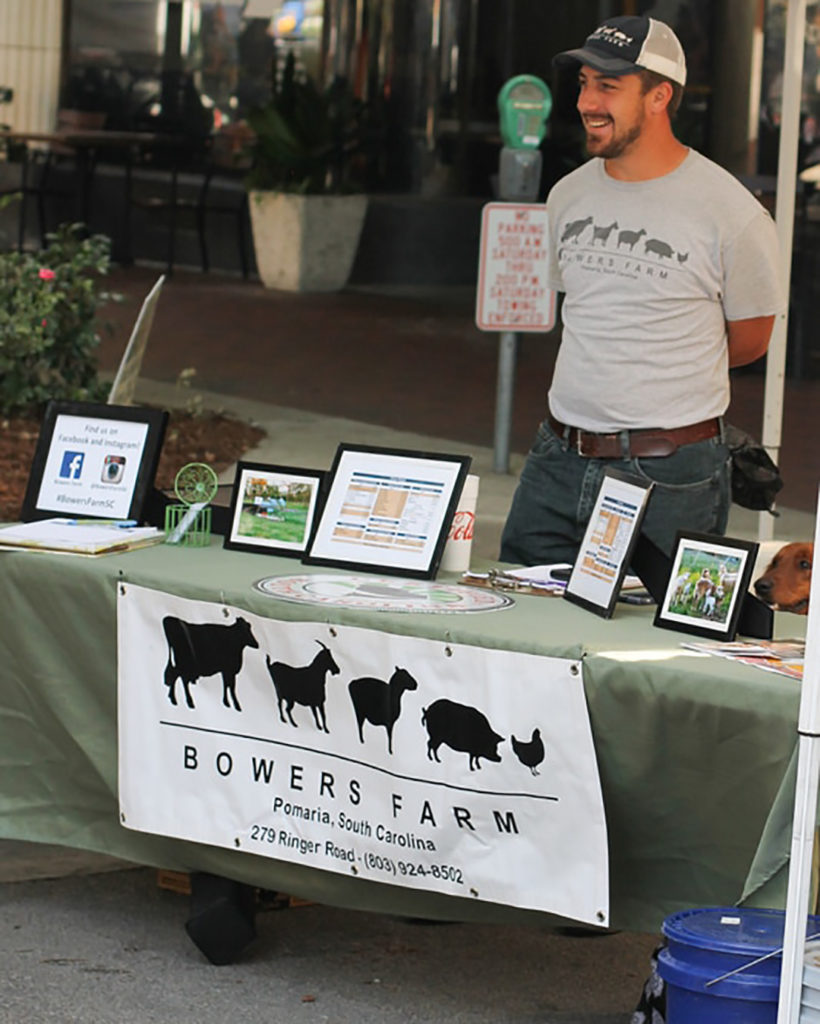
The task force Works with the Lutherans Restoring Creation network of the ELCA, and our team offers resources from a Lutheran perspective to the SC Synod, its congregations, and individuals. Given the rich blend of disciples in South Carolina, the vision is that this synod team will specifically be a place for farmers, hunters & anglers, environmentalists, conservationists, gardeners, and other outdoor enthusiasts to support one another in our common call as creation stewards, to learn from and respectfully discuss our various stewardship practices, and to include others in this ongoing conversation.
We are over half way to our goal! Join the effort to launch Latino ministry to new levels in South Carolina. Make your gift today.
And, help us reach the $50,000 challenge if at least half of our congregations participate. Click here for more information about how congregations can share this story with your members.
This is Christ’s Church. There is a place for you here.
We are the church that shares a living, daring confidence in God’s grace. Liberated by our faith, we embrace you as a whole person–questions, complexities and all. Join us as we do God’s work in Christ’s name for the life of the world.
Contact Information
ELCA South Carolina Synod
1003 Richland Street
Columbia, SC 29201
Telephone 803-765-0590
Fax 803-252-5558
Looking for Something?
Related Organizations
James R. Crumley, Jr., Archives (ELCA Archives)
Lutheran Homes of South Carolina
Lutheran Theological Southern Seminary
NovusWay (Lutheridge+Lutherock+Luther Springs+Lutheranch)
South Carolina Lutheran Church Youth
South Carolina Lutheran Men in Mission



